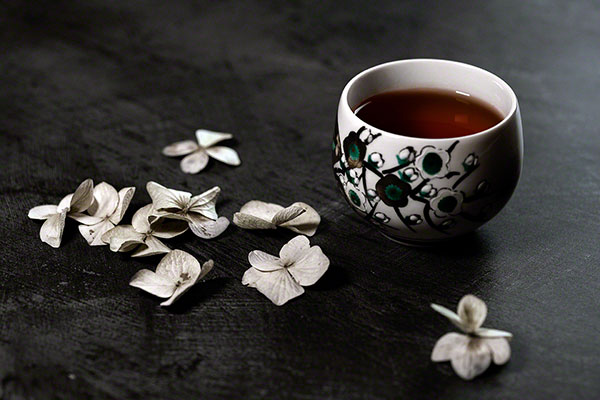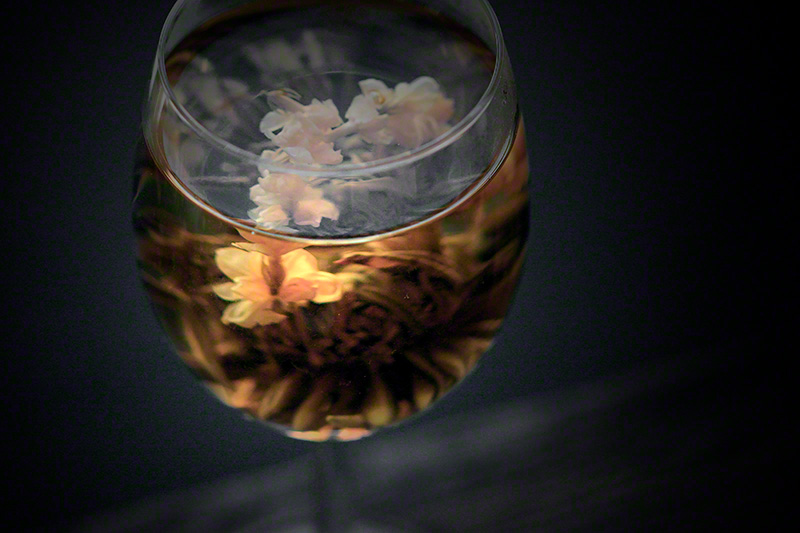Everyone likes a good craft brew. And no, we are not talking about beer. If you are an avid tea drinker, you probably heard about craft tea at least once. So, what exactly is craft tea?
What is craft tea?
To understand craft tea, comparing it with beer might help. By definition, every craft beer is beer produced by a small independent brewery. It can be home-made too and doesn’t necessarily need to be produced for selling. With tea, things are a bit more complicated. Tea is not something you can just grow in your own garden, although there are special tea varietals created to survive harsh climate typically unsuitable for growing tea. To produce tea, at least larger quantities, you need equipment, knowledge and fresh tea leaves. That may be a lot more available and affordable in the future, but until then, home-crafting tea is still quite rare, and expensive.

(Source: Tea Bespoke ©)
So what is craft tea then?
Craft tea in the exquisite and huge world of tea is very difficult to define. It should follow the same principles as beer and should be made by small independent tea producers in smaller batches. Sometimes it can also include hand blended teas in small batches, but with ingredients that were not grown by the blender itself. Interestingly, ingredients can come from different farms, even those that are mass-producing tea.
Quite often, the terms craft, artisan and specialty are used for labeling loose leaf teas – sometimes even those in tea bags, mass produced and sold in supermarkets – as long as they are at least a bit different from other teas. For example, they may contain a special ingredient or have a unique branding.
Although the difference between craft, artisan and specialty tea might be unnoticeable and those terms are often used interchangeably, there might be a slight, but a noticeable distinction.
Artisan/artisanal tea
Artisan tea is a word often used for teas made with hands, especially blooming tea. To make high quality blooming tea, producers need to roll each ball by hand, wrapping one or more flowers inside the leaves. When brewed, those balls create unique and beautiful shapes. Not all blooming tea is an artisan tea and not all artisan tea is blooming tea. Any loose leaf tea made in small batches that is made by hand, by producers with a strong tradition and years of knowledge in tea production may be an artisan tea. This tea is made using traditional techniques, comes from one single farm and is likely to be unique with a special character, and have beautiful leaves.

Craft tea
Craft tea is (usually) high quality tea made by small producers is small batches, usually slightly different from what’s already on the market. For example, withering the leaves differently from the others, adding an extra roasting step, using a rare or uncommon cultivar or aging the leaves that are not usually aged. To make craft tea, producers don’t necessarily need years of experience in tea making, they don’t need to depend on traditional techniques, but they do need to have a lot of knowledge to produce quality teas. Hand blended unique loose leaf tea blends may also be called craft tea.
Specialty tea
Specialty tea is a bit wider category than artisan and craft tea. Today, specialty tea basically includes all teas that are in the loose leaf form. However, real specialty tea, just like craft tea, should not be mass-produced and shouldn’t come from very big tea plantations. It should be “more special” than regular mass market tea. Not all loose leaf tea is specialty tea, although it’s almost always labelled as such.
Mass-produced tea
Mass-produced tea is usually machine harvested and machine made. It can be packed in tea bags or sold as loose leaf. It generally comes from bigger tea plantations. Mass produced tea is often generic, satisfying all requirements to fit one specific tea category and quality grade suitable for everyday drinking, but there is likely nothing special about it. It’s a commodity tea. It can taste good, great or bad. However, not all mass-produced teas are generic, some may actually come from huge, but specific, tea plantations.
Orthodox tea
Another word to pay attention to is orthodox tea, often used for Indian and Ceylon teas, but rarely with Chinese and Japanese ones. The word orthodox implies that the tea was made using traditional methods and sometimes rolled by hand. However, not always. It can be both artisan, craft, specialty and mass-produced.
Handmade and Hand-harvested
Hand made and hand harvested are two different terms. The first implies tea was partially or fully made by hand, but not necessarily hand harvested. Hand harvested means pluckers were harvesting the tea, instead of machines.
These definitions are not an official way of grading or describing tea, they should help you understand what is what in the world of tea.



Yorkshire tea is famous for black tea lover. The company of actually likes to search for actual seeds which can help people to get original and great flavor. This comes in list of world top best tea producers.
After weeks of slow cooked casseroles and heavier meals, best facial cleansing system in particular is beginning to show the lack of fresh red fruit loaded with skin-friendly anti-oxidants and vitamin C.
Thanks